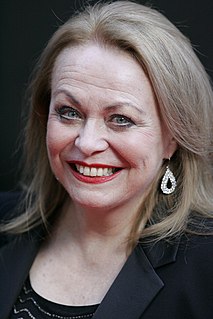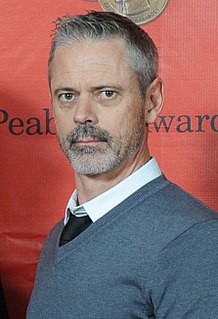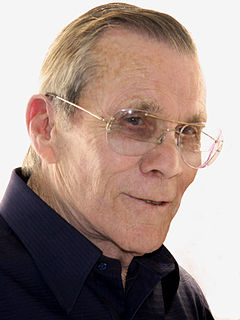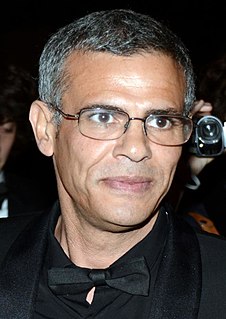A Quote by Ian Somerhalder
You spend enough time on set as an actor and it's great when a director was at some point an actor or understands acting. They're able to finesse performances out of you that a lot directors can't get.
Related Quotes
I do feel that scripts get developed now to a point where they're sort of actor-proof. If the actor is not very good, the narrative still survives because it's all in the dialogue. Not to say there aren't great performances in English-language films, because there are every year, but the 1970s were awash with great performances, and I was wondering whether it had to do with the amount of space and the amount of responsibility given to the actors.
Film is such a director's medium; you're really in their hands in terms of the real storytelling. As an actor, you can give a performance moment to moment and some of your takes will be used and some of them won't. I think there are great films you can make with bad performances, and vice versa. There are all combinations of those things. It's really down to the director what happens, I think, so that's why it's really good to work with very talented, bold directors.
It is one of the few elements in the process that a director really, really can't control: an actor's performance. If you have a director that understands that, it's comforting to an actor. You're starting the relationship more as a collaborator, rather than as an employee or some kind of a soldier trying to execute something you don't organically feel.
When an actor plays a scene exactly the way a director orders, it isn't acting. It's following instructions. Anyone with the physical qualifications can do that. So the director's task is just that – to direct, to point the way. Then the actor takes over. And he must be allowed the space, the freedom to express himself in the role. Without that space, an actor is no more than an unthinking robot with a chest-full of push-buttons.
I love the variety of films. In theater, you go into a room and the director runs the room, so you all work to his or her method. On film, if an actor or an actress is in for a day or two, the director has to get out of that actor what they need, so they have to change and adapt to that actor's technique.
To be a good director, you have to spend a lot of time on actual sets, but today, there's a lot of people who spend a lot of time in dark rooms writing a script, and they'll go in and tell the story to some suit at a studio who says, 'Okay, this is great, let's go.' But that doesn't necessarily mean you know what to do once you're on set.
I think you get the most honest performances when an actor shows up to set with their lines memorized. That's a very important thing that a lot of people seem to forget. You have a pre-conceived notion of what you want the scene to be, but once you get there, that goes out the window and it turns out to be a way that you never imagined.




































